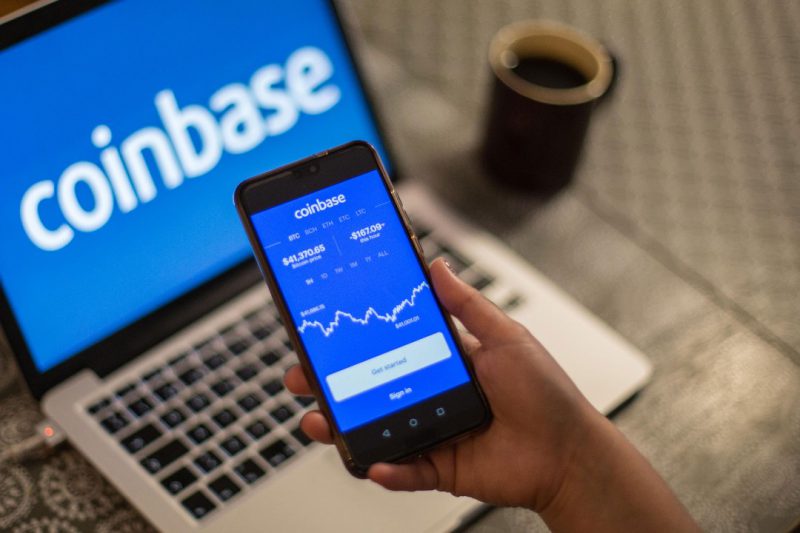Coinbase listings can have a great impact on the prices of digital assets. When the exchange had introduced a new listing procedure last month, speculative hype trading inflated the value of a few lesser-known projects and Coinbase was brought out in the open. Well, the exchange could be looking to set the record straight by updating its listing procedure under which new token listings would be made public only once a formal decision has been taken.
In a blog post on Thursday, Coinbase said that it is implementing new procedures which won’t allow investors to guess whether the exchange is considering new tokens listings. It would only announce a new listing once an affirmative decision has been made rather than pre-releasing a list of tokens that were under consideration.
Coinbase also added that the procedure would disallow some from examining Coinbase’s blockchain activity or playing around with its software, essentially limiting the information that some can use to divulge in insider trading.
Coinbase backtracks on earlier notice
Coinbase’s change in direction comes in less than a month after it decided to release a list of tokens that were ‘under consideration for a potential listing in Q2 2022. The call was made to become ‘more transparent and allow investors to make the right investment decision on some assets.
However, soon after the Coinbase released its first list of 50 tokens, a few sketchy projects began pumping, such as Big Data Protocol, Student Coin, and Polkamon. Community member Cobie had highlighted that the coins had become completely reductant and were simply rising on a ‘potential’ Coinbase listing. Notably, none of the said coins were listed on Coinbase at press time.
The development became more sensitive after an Ethereum wallet purchased $400,000 worth of crypto even before Coinbase had formally listed them. Since the wallet’s trading activity was public, some became suspicious that Coinbase was engaging in insider trading.
In retrospect, Coinbase could be looking to learn from its earlier mistakes that shed unwanted light on the firm. Insider trading continues to be a nightmare for regulators as well and they too might have an easier task at hand if exchanges carried greater due diligence.
Threats of insider trading not limited to Coinbase
Unfortunately, access to sensitive information and software exploits have been a recurring theme in the past. The world’s largest exchange by volume, Binance, was probed by The Commodity Futures Trading Commission in September for possible links to insider trading. The regulator had questioned whether some were acting illegally on customer trade orders before executing them.
Following the investigation, Binance said the firm has a “zero-tolerance” policy for insider trading and a “strict ethical code” to prevent any misconduct that could hurt its customers or the crypto industry.





